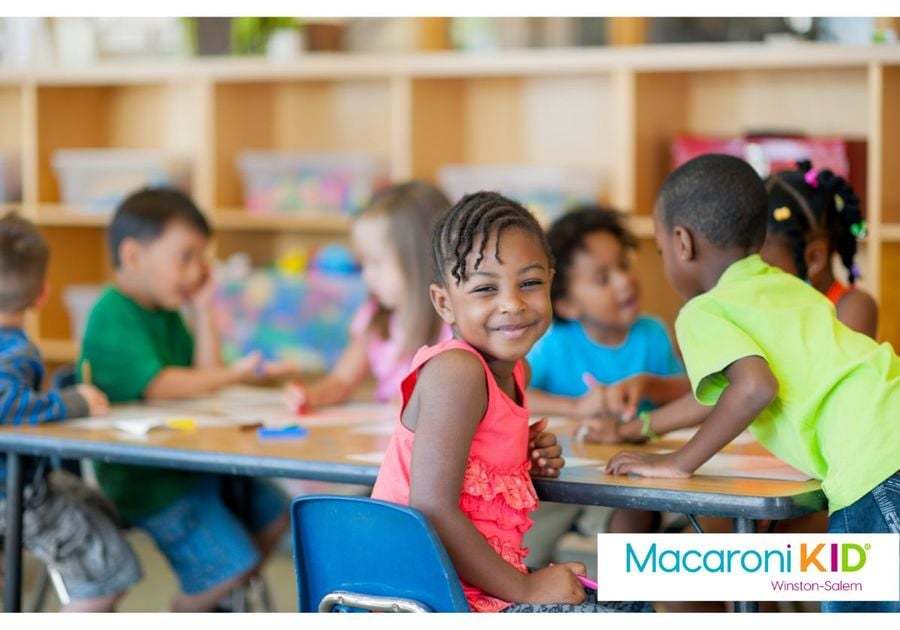There are so many mixed emotions here. Don't hold on too tight, don't let go too soon. Fight the tears; oh no, here they come. When a child enters Kindergarten, it marks a significant milestone in their life as they begin their formal education journey. It is an exciting and sometimes nerve-wracking time for both the child and their parents. Here are some things you can expect:
- Social Development: Kindergarten provides a structured environment for children to learn important social skills. They will have opportunities to interact with their peers, form friendships, and learn how to work and play cooperatively with others.
- Academic Basics: In Kindergarten, children start learning the foundational skills of reading, writing, and math. They will be introduced to letters, numbers, shapes, colors, and basic vocabulary. The emphasis is on building a strong base for future learning.
- Structured Learning: Kindergarten introduces children to a more structured learning environment than they might have experienced in preschool. They will have a daily schedule, follow classroom rules, and learn to listen to their teacher and follow instructions.
- Fine Motor Skills: Kindergarten activities often focus on developing fine motor skills, such as holding a pencil, cutting with scissors, and coloring within the lines. These skills are essential for writing and other tasks as they progress in school.
- Play-based Learning: While academics are important, play is still a crucial part of Kindergarten. Play-based learning helps children explore and understand the world around them, encourages creativity, and enhances problem-solving abilities.
- Emotional Development: Starting Kindergarten can be emotionally challenging for some children. They may experience separation anxiety initially but will gradually adapt to the new routine and environment. Teachers and staff are trained to support children through this transition.
- Physical Activity: Kindergarten usually involves physical activities and playtime, which are vital for a child's overall development. Physical play helps improve coordination, balance, and gross motor skills.
- Parent Involvement: Kindergarten often encourages parent involvement. You may have opportunities to attend school events, parent-teacher conferences, or participate in classroom activities.
- Individual Differences: Children enter Kindergarten with various backgrounds and skill levels. Teachers are trained to work with children at different levels and adjust their teaching to meet each child's needs.
- Love for Learning: A successful Kindergarten experience sets the stage for a love of learning. When children feel supported and engaged, they are more likely to develop a positive attitude toward education.
Remember that every child is unique, and their experience in Kindergarten may vary. Some children may adapt quickly, while others may take some time to adjust. The most important thing is to provide a supportive and nurturing environment, be patient, and communicate regularly with your child's teacher to ensure a smooth and enjoyable transition into this new phase of their education.



